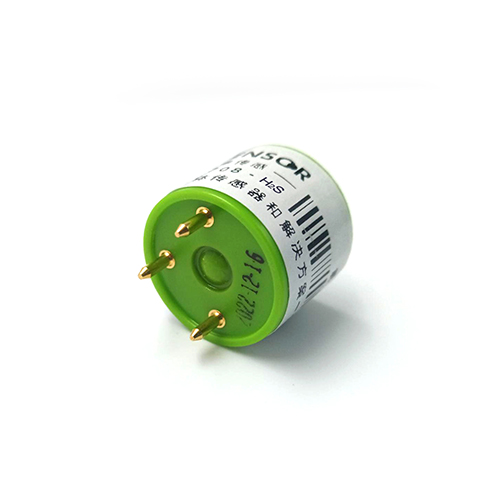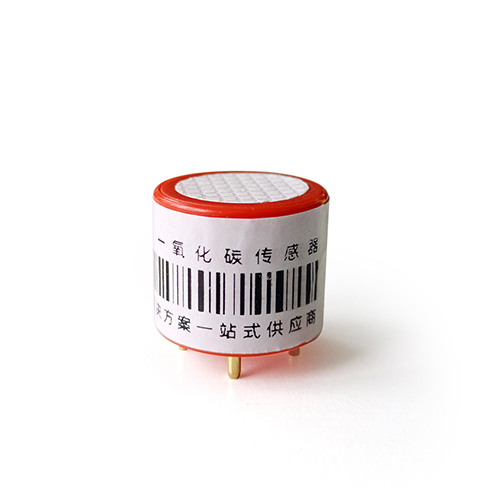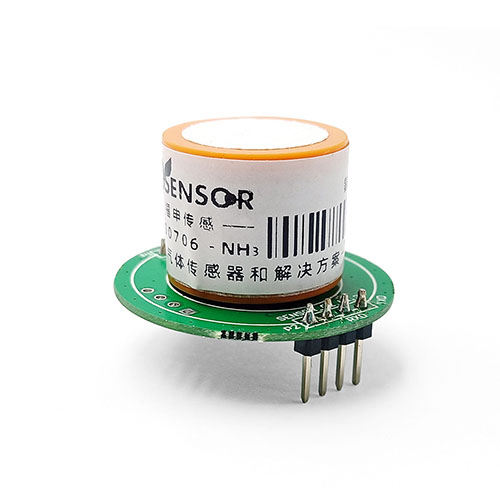Henan Fosen Electronics Technology Co., Ltd. (Fosensor)operates the https://www.hnfosensor.com/ website (here in after referred to as the “Service”)This page informs you of ou policies regarding the colection,use, and disclosure of personal data when you use our Service and the choices you have associated with that data.
We use your data to provide and improve the Service. By using the Serice, we can do the colection and use of information in acordance with this policy. Unless otherwise defmed in this Privacy Policy, the terms used in this Privacy Policy have the same meanings as in our Terms and Conditions, accesible from https://www.hnfosensor.com/.
Information Collection And Use
We collect several different types of information for various purposes to provide and improve our Service to you.
Types Of Data Collected
Personal Data
While using our Service, we may ask you to provide us with certain personally identifable information that can be used to contact or identify you (“Personal Data").Personally identifiable information may include, but is not limited to:
- Email address
- First name and last name
- Phone number
- Address, State, Province, ZIP/Postal code, City
- Cookies and Usage Data
Usage Data
We may also collect information on how the Service is accesed and used (*Usage Data”). This Usage Data may include information such as your computer's IntemetProtocol addres (e. P addres, browser type, browser version, the pages ofour Serice thatyou visit,the time and date ofyour visit,the time spent on those pagesunique device identifiers and other diagnostic data.
Tracking & Cookies Data
We use cookies and similar trackimg technologies to track the actiyity on our Service and hold certain information.Cookies are files with smallamount of data which may include an anonyous unique identifer. Cookies are sent o your browser from a website and stored on your deviceTracking techmologies also used are beacons, tags, and scripts to colect and track information and to improve and analyze our Service.You can imstruct your browser to refuse all cookies or to indicate when a cokie is being sent. However, if you do not accept cookies, you may not be able to use someportions of our Service.
Examples of Cookies we use:
- Session Cookies. We use Session Cookies to operate our Service.
- Preference Cookies. We use Preference Cookies to remember your preferences and various settings.
- Security Cookies.We use Security Cookies for security purposes.
Use Of Data
Henan Fosen Electronics Technology Co., Ltd. (Fosensor). uses the collected data for various purposes:
- To provide and maintain the Service
- To notify you about changes to our Service
- To allow you to participate in interactive features of our Service when you choose to do so
- To provide customer care and support
- To provide analysis or valuable information so that we can improve the Service
- To monitor the usage of the Service
- To detect, prevent and address technical issues
Transfer Of Data
Your imformanion, including Personal Data, mav be transfered to - and maintained on - computers located outside of you state, province, country or other governmentaliurisdiction where the data protection laws may differ than those from your iurisdiction.Ifyou are located outside Chima and choose to provide imformatonto us,please note that we transierthe data ineuding PersonalData.to china and procesit thereYour consent to this Privacy Policy followed by your submission of such information represents your agreement to that transfer.Henan Fosen Electronics Technology Co., Ltd. (Fosensor) will take all steps reasonably necesaryto ensure that your data is treated securely and in acordance with this privaey Policyand no transter otyour Personal Data wil take placeto an orgamzaon or a country umles there are adeuate controls im place incudimethe secuty ot wou data and otheipersonal information.
Disclosure Of Data
Legal Requirement
Henan Fosen Electronics Technology Co., Ltd. (Fosensor) may disclose your Personal Data in the good faith belief that such action is necessary to:
- To comply with a legal obligation
- To protect and defend the rights or property of Henan Fosen Electronics Technology Co., Ltd. (Fosensor)To prevent or investigate possible wrongdoing in connection with the Service
- To protect the personal safety of users of the Service or the public
- To protect against legal liability
Security Of Data
The security of your data is important to us, but remember that no method of transmision overthe Internet, or method of electronic storage is 10% secure. While we striveto use commercially acceptable means to protect your Personal Data, we cannot guarantee its absolute security.
Service Providers
We may employ third party companies and indiiduals to faclitate our Service (“service Providers",to provide the Service on our behalf,to perform Service-related servicesor to assist us in analyzing how our Service is used.these third narhes have aes to vour Peronal Data oniv to perorm these tasks on our behat and are obleated notto diselose oruse it tor any other puwpose
Links To Other Sites
Our Service may contaimn inks to other sites that are not operated by us, if you chick on a third party link,you will be directed to that third pary's site, We stongly advise you to review the Privacy Policy of every site you visit.
We have no control over and assume no responsibility for the content, privacy policies or practices of any third party sites or services.
Children's Privacy
Our Service does not address anyone under the age of 18 (“Children”We do not know any colect personal identiable informaton from one uder the age of 18, for you are a parentor guardian and you are aware that your Children has provided us with Personal Data, please contact us.If we become aware that we have colected Personal Data fom children wthout vericaton of parental consent. we take steps to remove that information from our servers.
Changes To This Privacy Policy
We may update our Privacy Policy from time to time. We wll notify you of any changes by posting the new Privacy Policy on this page.We will let you know via email and/or a prominentnotice on our Service, prior to the change becoming efective and update the “effective date" athe top of this Privacy Policy.
You are advised to reviewv this Privacy Policy periodically for any changes, Changes to this Privacy Polcy are effective when they are posted on this page
Contact Us
If you have any questions about this Privacy Policy, please contact us:








